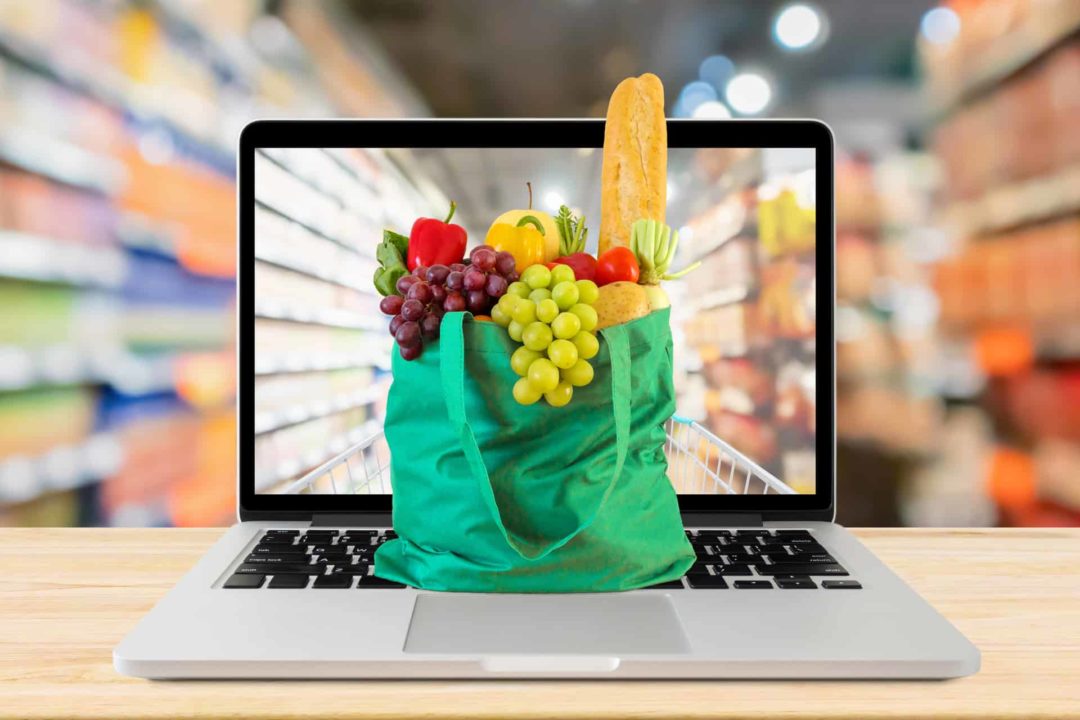
The Personal Resilience Opportunity

According to new Nielsen research, nearly all (93%) of shoppers trust brick-and-mortar grocery stores and online grocers equally. Nielsen probed how consumer mindsets have changed as they haltingly emerge from months of lockdown. The simultaneous public health and economic crises have people realigning their essential values: empathy, trust, health and safety.
This new, heightened appreciation for empathy directly connects to community: essential workers on the front lines, the vulnerable elderly, and family. Retailers that recognize the increasing importance of empathy will use this moment to ensure their teams are empowered to engage with customers. Not in an impertinent, meddlesome or pushy way. But train employees to fully listen, to mirror back the sentiment they receive from shoppers. Ask yourself, is the internet capable of delivering digital empathy?
The internet is also weak on discovery. Scrolling through an online inventory fumbles the opportunity to expose shoppers to the full variety of products on your shelves. Curbside delivery is not the same thing as product discovery. And remembering items shoppers need but have forgotten, and impulse buying, are absent online.
Last month, independent natural products retailers shared with us how they responded to new COVID-19 shopping patterns. Operators consistently said what has been most striking is the pressing desire of shoppers to listen much more intently and learn more deeply than before. Customers both old and new are asking for advice on immune support, on good, basic nutrition practices, on a good multivitamin, on eating more fruits and vegetables, and on how to manage stress by adopting a healthier lifestyle. As one retailer told us, “We have had countless customers say they are so grateful we are here.”
Research from the Hartman Group reveals the pandemic and economic shutdown have rendered people powerless. To reclaim power, people want to focus on things they can control, one of which is what they buy. The pre-COVID-19 trends of health, wellness, proactive mindfulness, holistic medicine and immunity, and most importantly, developing physical and emotional resilience, all now have greater momentum. Empower your employees to make full use of their nutritional expertise to recommend all the relevant products they might have overlooked in times when personal health and safety seemed less urgent.
The internet excels at convenience. But this is something more. Your ability to deliver on the acute new need for personal resilience is far more profound, authentic and real than artificial intelligence, algorithmically delivered. It is a form of love. As a politician once said, never let a good crisis go to waste.JJ

Jay Jacobowitz is president and founder of Retail Insights®, a professional consulting service for natural products retailers established in 1998, and creator of Natural Insights for Well Being®, a comprehensive consumer marketing service designed especially for independent natural products retailers. With over 40 years of wholesale and retail industry experience, Jay has assisted in developing over 1,000 successful natural products retail stores in the U.S. and abroad. Jay is a popular author, educator, and speaker, and is the merchandising editor of WholeFoods Magazine, for which he writes Merchandising Insights and Tip of the Month. Jay also serves the Natural Products Association in several capacities. Jay can be reached at (800)328-0855 or via e-mail at jay@retailinsights.com.
The Magazine
Information
About Us
NOTE: WholeFoods Magazine is a business-to-business publication. Information on this site should not be considered medical advice or a way to diagnose or treat any disease or illness. Always seek the advice of a medical professional before making lifestyle changes, including taking a dietary supplement. The opinions expressed by contributors and experts quoted in articles are not necessarily those of the publisher or editors of WholeFoods.







